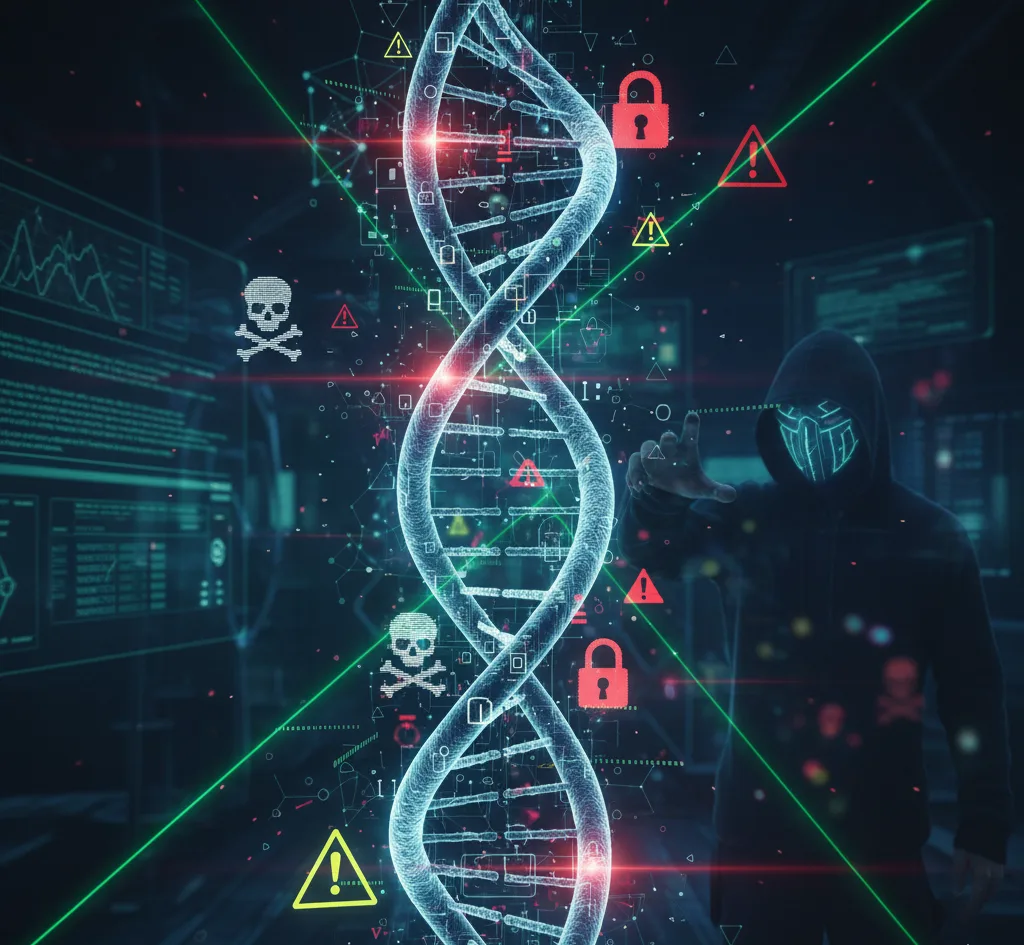The rapid advancements in DNA sequencing have ushered in a new era for medicine, diagnosis, and biological research, promising breakthroughs in understanding and treating diseases. However, this transformative technology may be inadvertently opening a "dangerous gateway" to unprecedented cyber risks, according to a recent study from the University of Portsmouth.
The study highlights that the entire process of DNA sequencing is vulnerable to cyberattacks. From the initial stages of sample preparation to the complex process of data analysis, every single step presents a potential entry point for malicious actors. This means that your most intimate biological information could be susceptible to theft, manipulation, or even weaponization.
The implications of such a breach are profoundly concerning. Given that genetic data is inherently personal and unique to an individual, a compromise could lead to severe consequences. These range from widespread identity theft and sophisticated ransomware attacks targeting individuals or institutions, to the terrifying potential for bioterrorism and highly targeted medical harm based on a person's genetic predispositions.
The research identifies several new and alarming threats. These include the possibility of malware being hidden within synthetic DNA, the manipulation of an individual's genome through artificial intelligence, and the capability to track and identify individuals based on seemingly anonymous genetic samples. The scope of these threats suggests a future where biological data is as valuable—and vulnerable—as financial or personal identification data.
Crucially, this comprehensive assessment, reportedly the first of its kind to examine cyber-biological risks in DNA sequencing, concludes that existing protective measures are woefully inadequate. Experts are issuing a stark warning: given the critical importance of genetic data in healthcare and research, there is an urgent need for governments, research institutions, and technology developers to collaborate on creating robust, integrated defense mechanisms. Without immediate and decisive action, our most personal and fundamental information—our DNA—could become a powerful tool in the wrong hands, with potentially catastrophic global consequences.

